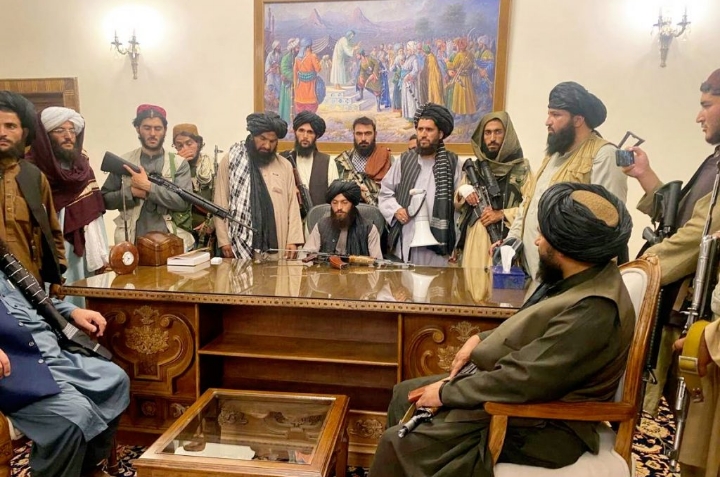As part of its campaign against extractive activities and promotion of healthy living in the Niger Delta region, an environmental think-tank organisation — The Ecological Action Advocacy Foundation (TEAAF) on Monday offered free medical services to the people of Gelegele community in Ovia South West Local Government Area of Edo State.
The free medical services which included eye screening, sugar level and BP tests, general medical examination and counseling, etc, saw over 150 people benefitting from the free medical outreach.
The beneficiaries were also offered the appropriate reading eyeglasses and medications as the outcome of their tests required.
In her speech, Project Director, TEAAF, Ann Ajirioghene Offi, said though it was not the first time her organisation is taking free medical services to the community, the need to offer the current free medical services to Gelegele people arise during a dialogue with them where they narrated different health challenges to the representatives of the organisation.

A cross section of beneficiaries of the outreach
READ ALSO:200 Gelegele Community Residents Benefit From TEAAF Free Medical Care
Offi, who described Gelegele as a Community of Particular Concern to her organisation, said the health challenges keep increasing by the day as a result of extractive activities, gas flares and negligence.
She said: “We have seen that there are a lot of health challenges in this community, and this is as a result of the location of the community, and the ongoing extractive activities in the community, most especially the gas flares in the heart of the community. The gas flare has resulted in a lot of health challenges in the community, according to our research.
“We felt it’s very vital for us to bring free medical services here going by the health challenges facing the people.
“The challenges keep increasing by the day as a result of negligence. Negligence in the sense that the health centre in the community is not functional as it ought to be, and from my observation, no medical equipment in the clinic to take care of people.”

Eyeglasses display displayed during the medical outreach for distribution.
READ ALSO:Oil Extractive Activities: Gelegele Community Told To Speak In Unison
One of the beneficiaries, Clement Eyenmi, expressed joy and appreciated TEAAF for the free medical services, saying “our people need an organisation as this to come to their aid.”
He lamented that despite his age, he’s already having eye challenges as a result of the gas flares in the heart of the community.
“In this our environment, and personally for me, I have an eye challenge as a result of this gas flaring in the heart of our community. But today, I was attended to; I was given a reading glasses.
“The oil company flares the gas but does not bother about the welfare of the people, or show concern about the environment. This is a major problem we have here.

Medical personnel attending to a beneficiary.
READ ALSO:Patient Accuses Ekiti Teaching Hospital Of Organ Harvesting
“What this organisation is doing today is what we expect the government and the oil company to do, but they will never do such,” he added.
Also speaking, another beneficiary, Bobby Ikinbor, also appreciated TEAAF for the free medical services, saying “we do not have a standard hospital here, so, today, as this organisation brings this free medical services, it is a relief to us. We appreciate the organisation.”
He added: “You see, at times when we have an emergency health challenge and we try to rush the person to the city, we have to pray because of the bad condition of the road. At times the emergency patient dies before we get to the city.”



































